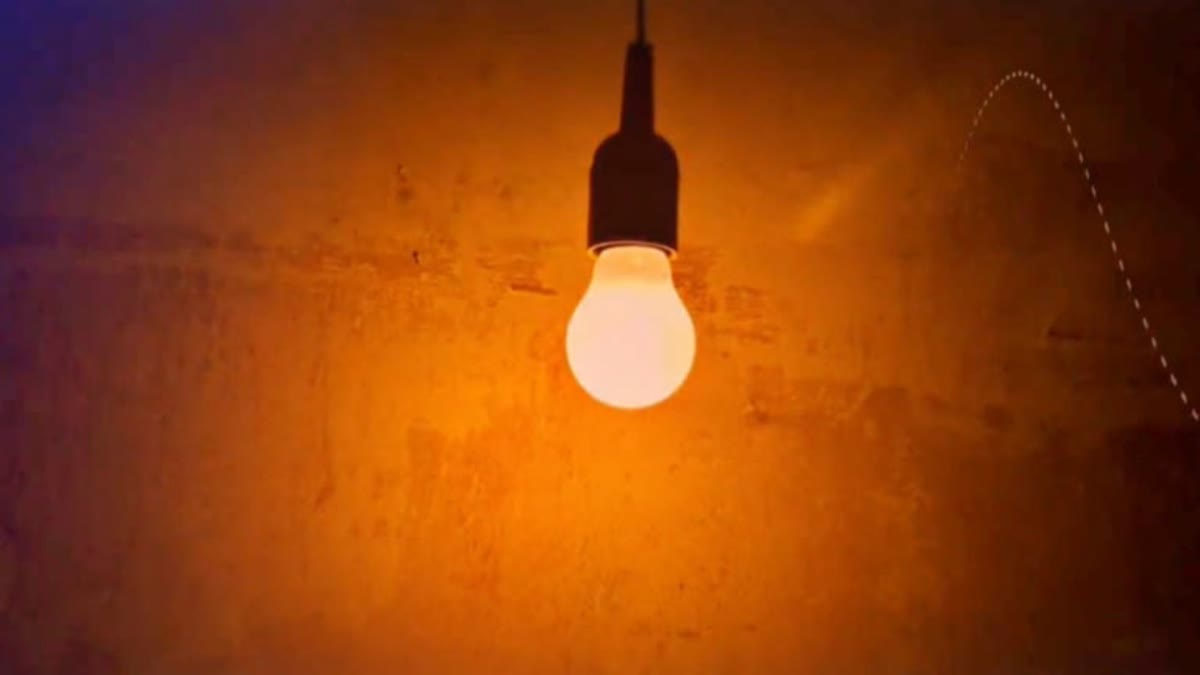Srinagar (Jammu and Kashmir): As the Jammu and Kashmir Assembly elections approach, political parties are banking on a new promise to sway voters: free electricity. For the first time in the region's history, the offer of free power has become a central theme in election manifestos, with major local parties vying to outdo each other with pledges to alleviate the region's chronic power shortages.
The Jammu and Kashmir National Conference (JKNC), the People's Democratic Party (PDP), and Apni Party have all made free electricity a cornerstone of their election campaigns. JKNC has committed to providing 200 units of free electricity to households, a promise echoed by the PDP. Meanwhile, Apni Party has gone a step further, offering 500 units of free electricity during the winter in Kashmir and during the summer in Jammu if they come to power.
These promises aim to win over a populace long frustrated by inconsistent power supply, particularly during harsh winters. However, the feasibility of these proposals remains unclear, as the parties have not provided detailed plans on how they would implement such a significant policy shift.
Omar Abdullah, Vice President of JKNC and a former Chief Minister, criticized the current state of affairs, pointing out that despite Jammu and Kashmir generating significant electricity, much of it is diverted to other states, leaving the region itself struggling with power shortages. Abdullah highlighted the ongoing installation of smart meters, questioning the logic of such moves when the region itself receives only 12% of the electricity generated from its own resources.
The region’s economic struggles add another layer of complexity. In 2023, Jammu and Kashmir ranked 27th among Indian states and union territories in terms of per capita income growth, with a rate of just 14.8 percent. This economic context makes the promise of free electricity even more alluring to voters, but it also raises questions about the financial viability of such schemes.
Senior Apni Party leader Rafi Mir acknowledged that free electricity has become a major issue in the election, with every local party making it a top priority in their manifestos. The Bharatiya Janata Party (BJP), however, has dismissed these promises as unrealistic, arguing that the manifestos lack substance and are merely attempts to mislead voters.
BJP leader Darakhshan Andrabi pointed out that Jammu and Kashmir currently generates 2,160 megawatts of electricity, with large-scale projects underway that are expected to boost this to 5,000 megawatts. Yet, despite this production capacity, the region continues to suffer from power shortages. Andrabi questioned whether the parties promising free electricity would truly be able to deliver on their pledges or if these promises would remain confined to the pages of their manifestos.
Read More:



